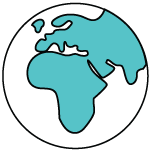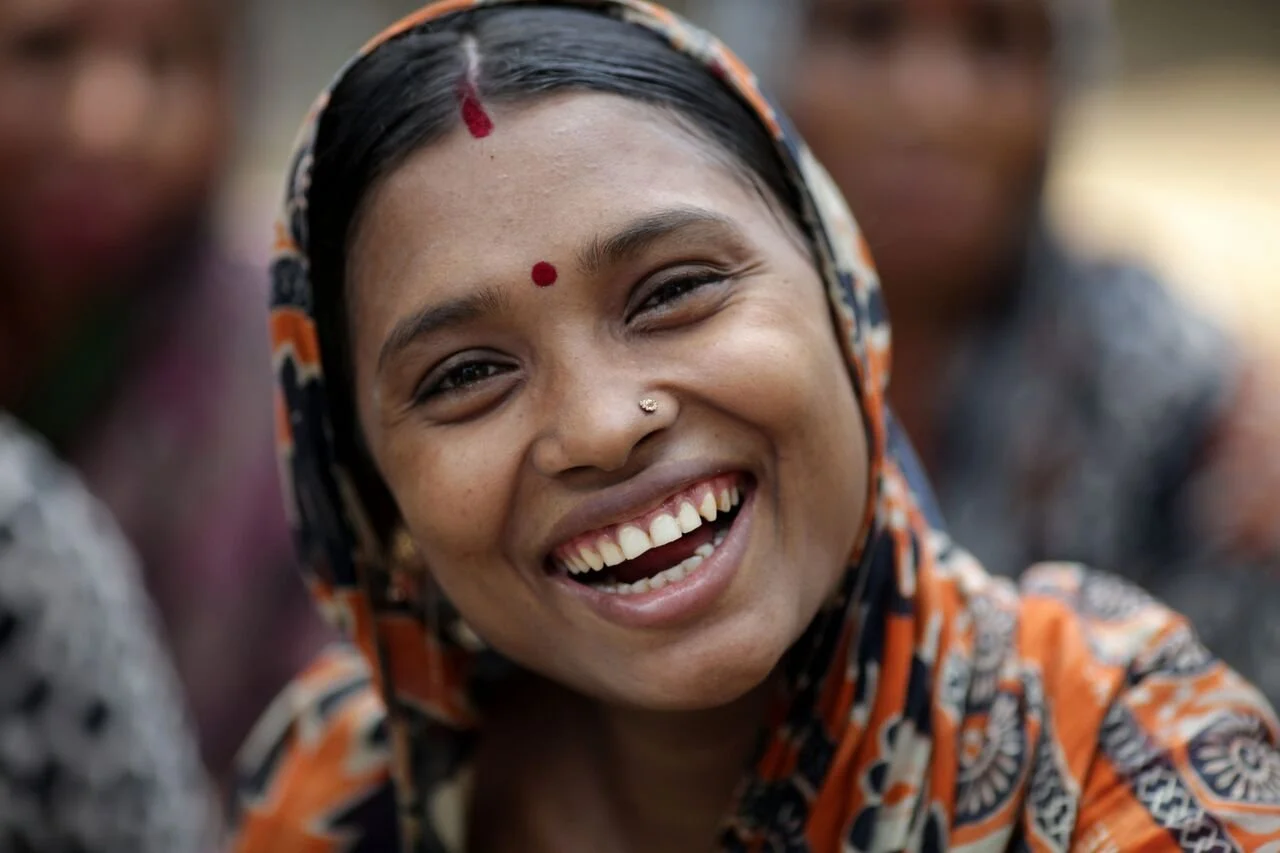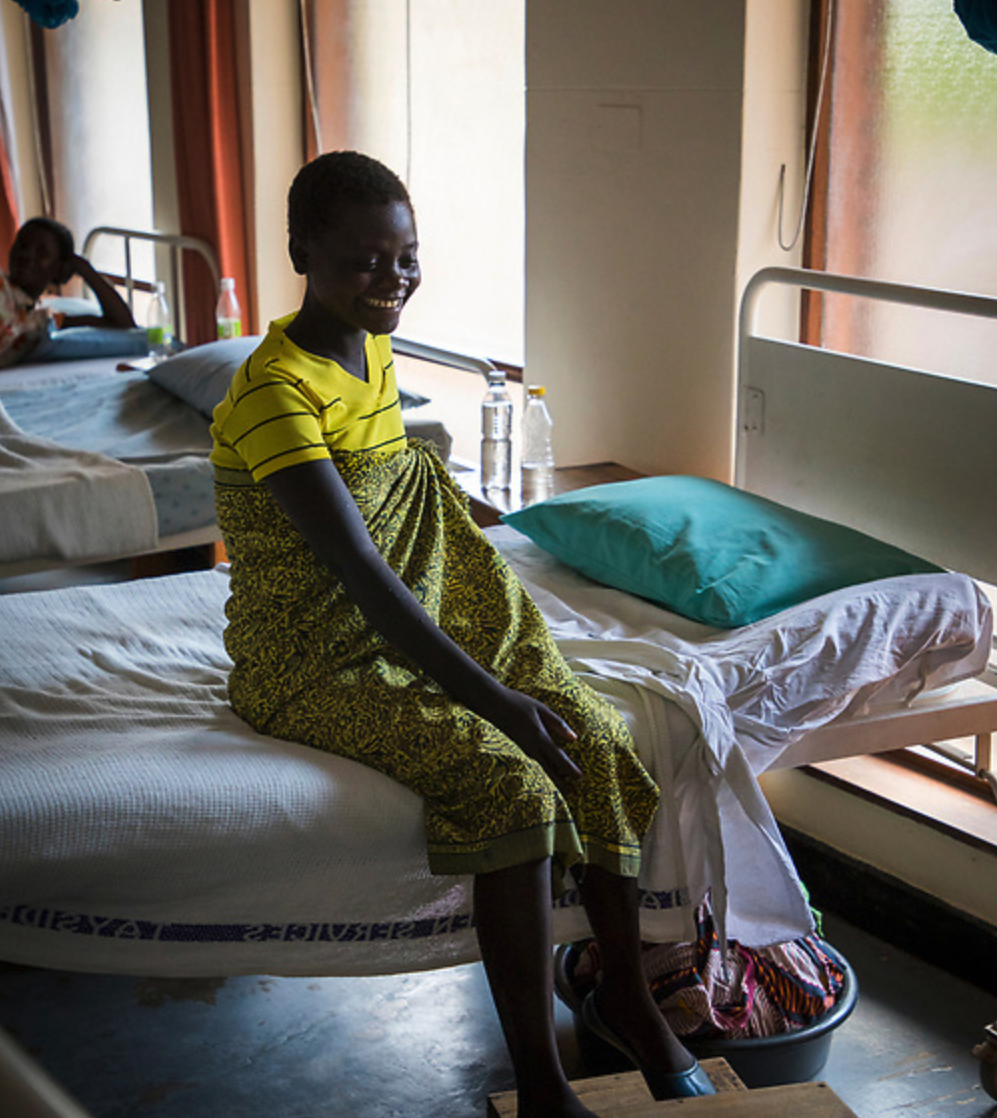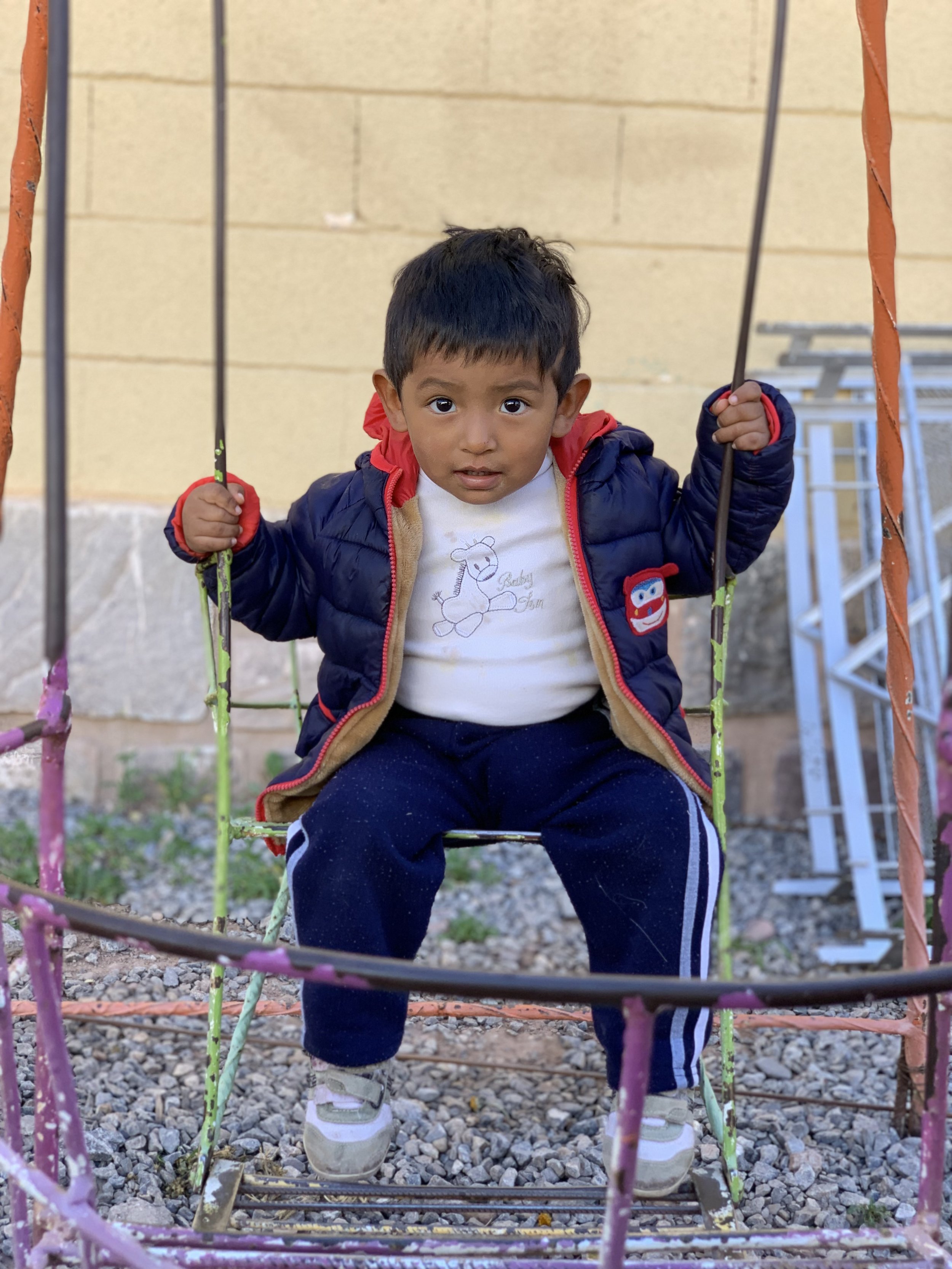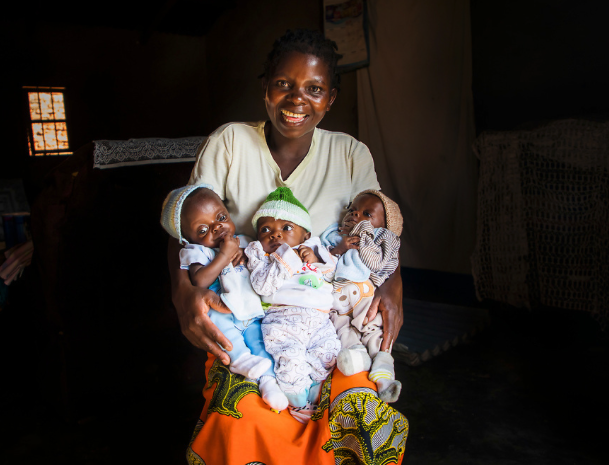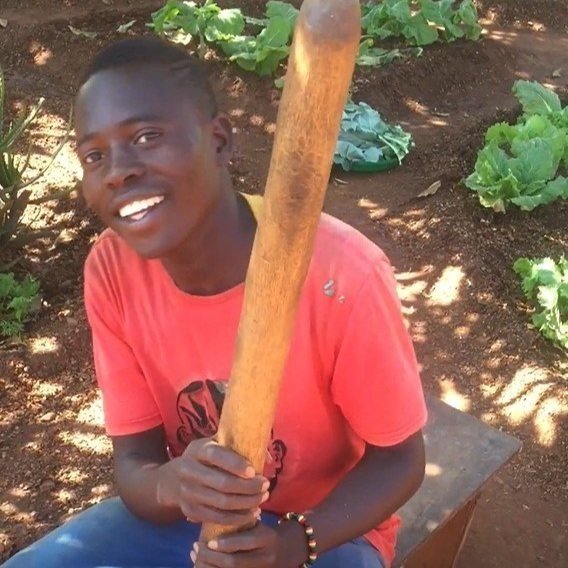Why our work matters
8.6M
people die annually from treatable conditions. 3.6 million receive no healthcare, and 5 million receive substandard healthcare.
50%
of the world lacks access to essential health services. Communities in Sub-Saharan Africa and Southern Asia are the most affected.
11M
additional healthcare workers will be needed by 2030 to meet the demands of the global population.
As a leader in philanthropic virtual care, World Telehealth Initiative envisions a world where all people have access to quality healthcare.
Our mission
World Telehealth Initiative provides sustainable medical expertise to the world’s most vulnerable communities to build local capacity and advance core health services, through a network of volunteer healthcare professionals supported with state-of-the-art technology.
Our goals
Advance the skills and capacity of healthcare providers in the communities we serve
Improve health outcomes for people in underserved communities around the world
Increase opportunities for compassionate skilled healthcare professionals to make a difference for those in need
Health for future generations
94% of low-resource hospitals and clinics are interested in support from international medical volunteers. World Telehealth Initiative supports clinics and hospitals in underserved areas with addressing their communities’ health needs.
Our volunteer medical specialists use the telehealth technology we provide to support our partner sites through mentorship, training, and sharing their expertise to aid in patient diagnosis and treatment. Our volunteer medical specialists are also learning from the experience and have a fulfilling opportunity to give back from the comfort of their home or office. This unique program model offers a sustainable, scalable, and cost-effective alternative to medical missions.
By building the capacity of health systems in low-resource areas, we ensure the communities we serve have access to quality healthcare for years to come.
Meet Esperanza
Access to quality healthcare is truly life-changing for those who have gone years without it. The story of Esperanza, a 19-year-old woman in Malawi, is just one example. After being isolated because she didn’t have access to the surgical care she needed, a fistula repair surgery empowered her to rejoin her community.





